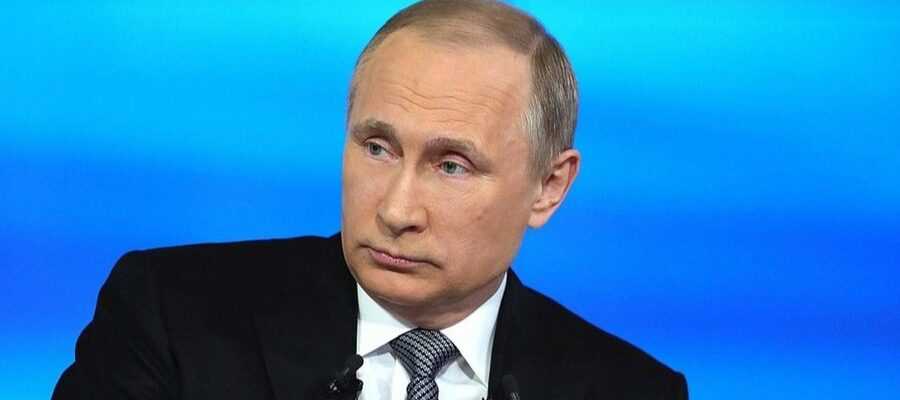The largest financial information transfer network on the planet, Swift can prove to be a formidable weapon of “war”, which it is risky to handle lightly.
With the military invasion of Ukraine and subsequent mass cyberattacks, Russia is preparing for retaliation from the West. The latter intends to give an economic response worthy of the symbol of the attack on the breadbasket of Europe. This Friday afternoon, the club of 27 has already frozen the assets of Vladimir Putin and his Foreign Minister Sergei Lavrov in the EU. Volodymyr Zelensky has a drastic idea to disrupt Russian strategy. The Ukrainian president ardently asks his allies to purely and simply exclude Moscow from the Swift system. This action would deal a terrible blow to the Russian economy, but would not be without consequences for the other countries which depend on this company.
Swift, why so important? What is that ?
On paper, Swift, for Society for WorldWide Interbank Financial Telecommunication, is a Belgian cooperative whose first network has been operational since 1997. It says it provides its community with “ a platform for messaging, communication standards and products and services to facilitate access and integration, identification, analysis and compliance in the fight against financial crime “.
In detail, Swift connects some 11,000 banking and securities organizations from over 200 countries. It thus makes it possible to exchange financial messages securely and reliably. The cooperative mentions the figure of more than 5 billion financial messages per year. Above all, Swift has popularized IBAN numbers and BIC codes, which it validates and which make it possible to identify the people, organizations and companies that make transfers.
More specifically, the company does not transfer funds, but centralizes transfer orders between users and customers of the 11,000 partner organizations or banks. It’s a truly colossal network that Swift operates on a daily basis. In other words, it connects banks and customers when they carry out transactions, and in the event that the two organizations do not have a partnership, Swift involves an intermediary organization that will put them in contact.
Financial consequences on part of the European economy
We can therefore imagine the impact that the withdrawal of the 300 Russian banks and institutions from the Swift system could have. It would be titanic and would instantly deprive the Kremlin of very, very important sources of income. By comparison, the cut of Iranian banks from the network in recent years was immediately followed by a loss of 30% of Iran’s foreign trade and nearly half of oil export revenues.
Back to the wall, Russia should then proceed” old and quickly find new ways to carry out transactions with foreign partners. Moscow certainly has an alternative, with the Financial Message Transfer System (SPFS), a secure messaging system launched by the Bank of Russia in 2014. Except that it is only used by about twenty foreign banks today. today.
On Thursday, US President Joe Biden referred to this cut from the Swift network as ” an option “. Because the consequences would not only affect Russia. Admittedly, Moscow would take much longer to see the payment of its gas, oil or wheat bills arrive, but Washington has no particular interest in seeing Russia further develop its own alternative network.
Similarly, many European companies, particularly in the energy sector, could suffer from such a cut, by no longer seeing their goods arrive. Russia could indeed create a shortage of gas and oil. ” If tomorrow morning, the Russians shut down NordStream 1, the German electricity network would have a good chance of blowing up and… Europe would also no longer have financial transactions, since electricity is needed to carry them out! comments the president of The Shift Project, Jean-Marc Jancovici.
On the same subject :
Will the escalation of the conflict in Ukraine inexorably cause a cyberwar?

46